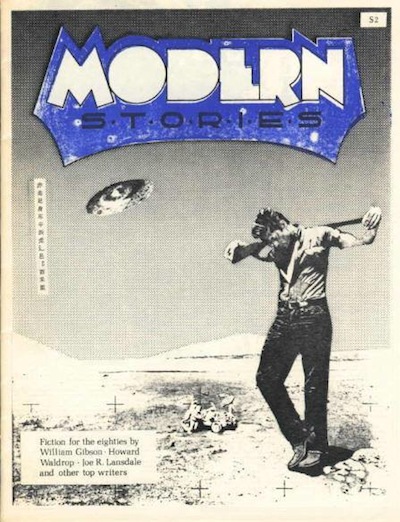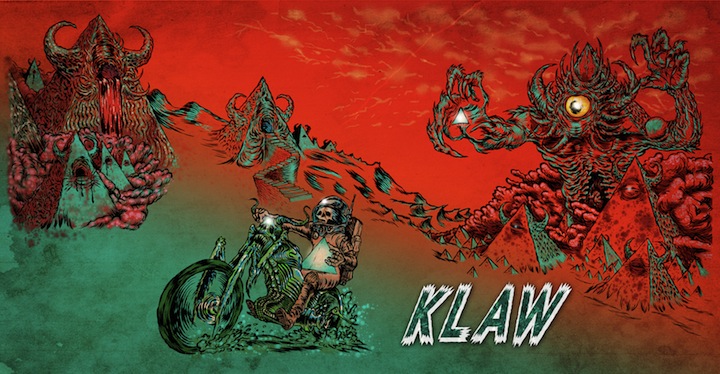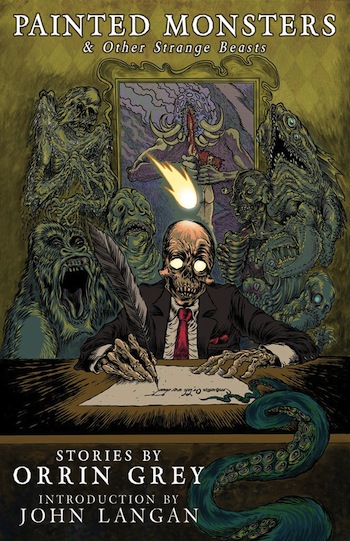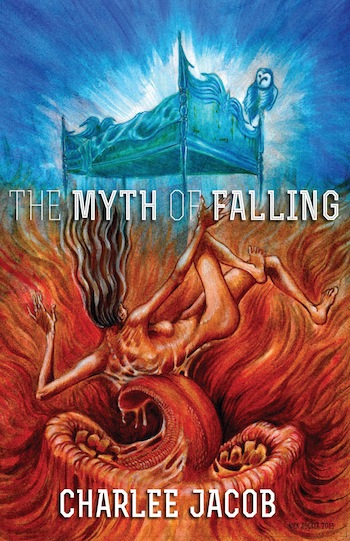Introduction: Notes from the Artist
By Jeanne D’Angelo
When I first started this illustration, I had no idea that the accompanying essay was going to be about Object Oriented Ontology, or even what that was. However, the opening passage struck me immediately because in it human forms are reduced to some unknowable mystifying shape in the distance. Having more of an understanding of the project now this actually seems like a perfect window into a philosophy that decenters humans and describes objects as having agency outside of our perception of them.
The way I chose to compose this image is meant to echo just that. The foreground/true subject of the painting is a beach littered with both objects specifically described in the story, and objects I could imagine I would feel compelled to pick up if I found them. A crowd scene as it were, with objects clustered, balanced, and woven through each other. To me, all the special objects should be conceivable and unremarkable in most ways, probably manmade refuse but which had taken on an unintended and improbable form. I think the way the story described the small patterned piece of pottery somehow broken into an almost perfect star shape was a perfect example of this type of object. We can deduce it was originally made by human hands, but what kinds of circumstances after its creation could have led to it being in this particular state? This could be the hidden world of objects, with their own trajectories, histories and evolution, and as the story shows, their own ability to act upon human consciousness.
On a purely aesthetic level, this sort of illustration presents an interesting challenge. Often the objects we choose to depict in art are remarkable, ornate, or part of some world of symbolism. The subjects of this image and story are mysterious detritus. Something you might just kick along the sidewalk on your way to run errands. It’s interesting to consider the magical little world of street trash with as much attentive detail as you would a painting of a vase of beautiful flowers or a chest of glittering treasure.
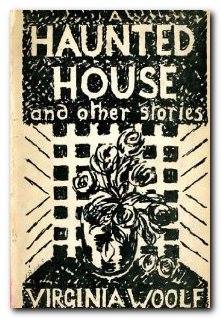 Tales from the Crossroads #1
Tales from the Crossroads #1
By Scott Nicolay
“Aboli bibelot d’inanité sonore.”
—Stéphane Mallarmé, “Sonnet en X”
I allot a significant portion of my time to thinking about The Weird; to considerations of the strange and the uncanny. To cosmic horror. Those who have read any of the essays I have written in collaboration with artist Michael Bukowski under the rubric Stories from the Borderland may have already noticed this predilection. This preoccupation. This fixation. This obsession. I make no pretense that it is healthy. Continue reading

